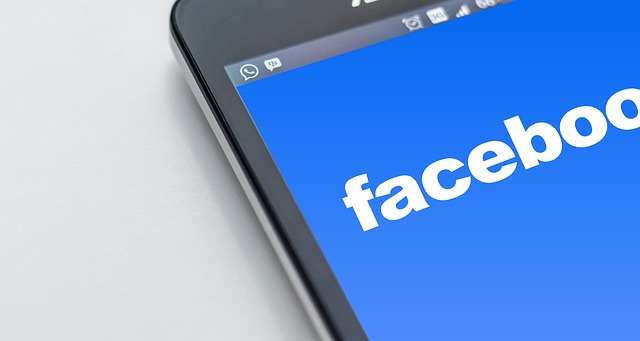Facebook and Google are the two largest advertising companies the world has ever seen, but calling them a duopoly misses the point entirely. The so-called duopoly is a lazy narrative that describes a narrow and outdated snapshot of ad tech, circa 2015. The reality is that the idea of a duopoly faces three systemic challenges that aren’t going away.
The competition isn’t standing still
Facebook and Google certainly account for the lion’s share of the digital ad spend in the US, but according to eMarketer, the duopoly is actually shrinking somewhat, thanks to Amazon and Snapchat. In fact, Amazon’s advertising business is expected to surpass its cloud-computing business in a few years. There’s also competition from AT&T and other telecoms. This is because a duopoly is a signal to the rest of the market that increased competition will be rewarded. Frankly, there’s just too much money to be made to let Google and Facebook have it all.
But while it took about a decade for Google and Facebook to accumulate their market position, they aren’t likely to hold on to it nearly that long. In fact, we’re already beginning to see that as digital content consumption increases, Facebook’s share of that pie declines. Meanwhile, according to eMarketer, the duopoly’s share of new ad dollars has fallen from about 73% of the market in 2016 to 48% this year. Such a severe decline suggests that Google and Facebook aren’t well-positioned to capture the next round of growth in the digital advertising sector.
Regulators are focused on Facebook and Google
In Europe, we’ve seen GDPR and a growing appetite for enforcement more broadly. California, the home of Silicon Valley, recently passed a privacy law that will have big implications for how advertisers use data. As investigations into interference in both the Brexit vote and the 2016 US election continue, the duopoly has come under the microscope. Meanwhile, China continues to strike a difficult balance between using digital technology to grow its economy, while at the same time cracking down whenever it sees a threat to its own power. In total, more regulation from different quarters means more headwinds for the duopoly.
But those headwinds are also going to get stronger because Google and Facebook are still very much in a pitched battle with regulators to determine who is in control. Consider two recent examples: a Facebook hack that included about 30 million accounts and Google’s decision to shut down Google+ after failing to disclose a user data leak. Both stories tell us something about the mindsets within Google and Facebook; frankly, neither company seems to take privacy as seriously as regulators in the US and Europe would like them to. In a way, that makes the duopoly vulnerable because, at the highest levels, Google and Facebook don’t yet fully grasp the implications of the shifting regulatory climate. Arguably, that vulnerability is more pronounced at Google, which sidestepped the immediate fallout from Cambridge Analytica scandal, but then made an incredibly bad decision by not showing up to talk to regulators. There’s no telling exactly how things will play out with regulators, but this fight will certainly occupy Google and Facebook in ways that are likely to benefit their competitors.
Media is becoming more global
Facebook and Google are big, but each has struggled in China, where companies like Tencent have a far stronger hold on consumers. In India — the world’s second largest market by population — mobile advertising is growing, but it’s still early, and there’s no evidence that the duopoly will dominate there the way it has in the US. In Japan, Facebook takes a backseat to Twitter. Across the globe, local technology preferences don’t always align with the US-centric notion of the duopoly.
As consumers spend more time on their phones, we’re seeing a shift in the global media market that’s disrupting the traditional boundaries between local, national and international. As more cities around the world become digital technology hubs and challenge US dominance, the shift to global media will accelerate. That’s why it’s important to understand the so-called duopoly in a global context. The truth is that from this perspective, the duopoly was never as strong as it was made out to be, and as digital becomes more global, the idea of a duopoly will become less relevant with each passing day.
Hagai Tal has extensive international management and business development experience, specializing in growing startups into profitable ventures/IPO, predominantly in the areas of online marketing, digital media/advertising and global financial processing. He has invested, led and developed companies for successful growth, continued investment and IPO/disposal including: Kontera, Amadesa, Payoneer, BlueSnap (formerly Plimus), Spark Networks (NYSE: LOV). He is a fellow of the third class of the Middle East Leadership Initiative of The Aspen Institute and a member of the Aspen Global Leadership Network.
If you enjoyed this article, sign up for SmartBrief’s free e-mail from the Interactive Advertising Bureau, among SmartBrief’s more than 200 industry-focused newsletters.
